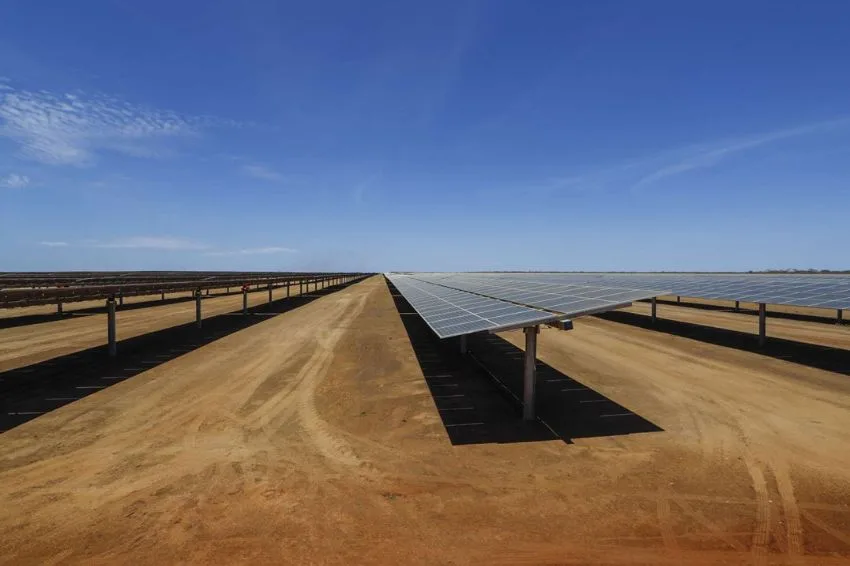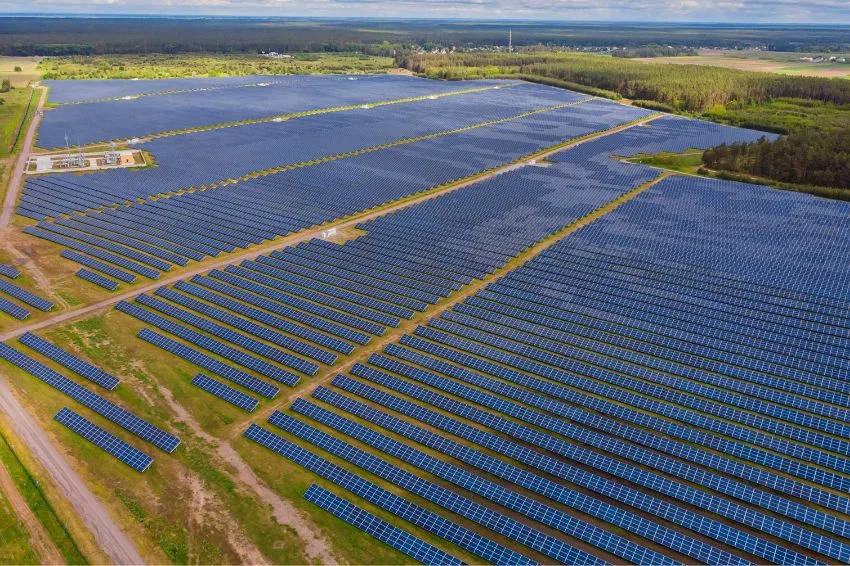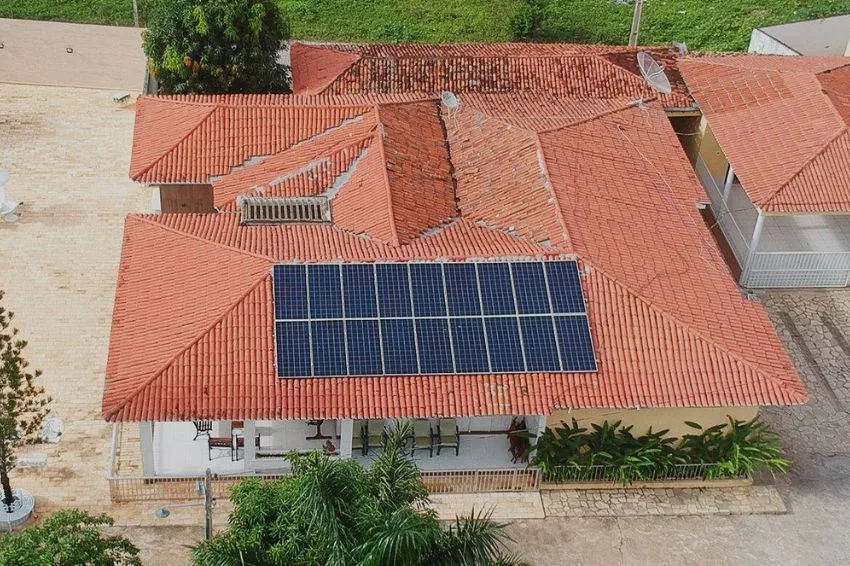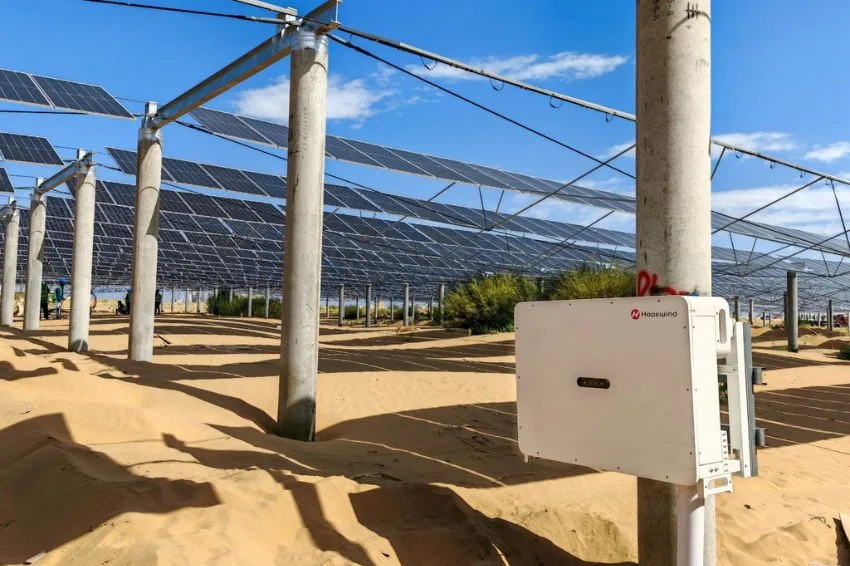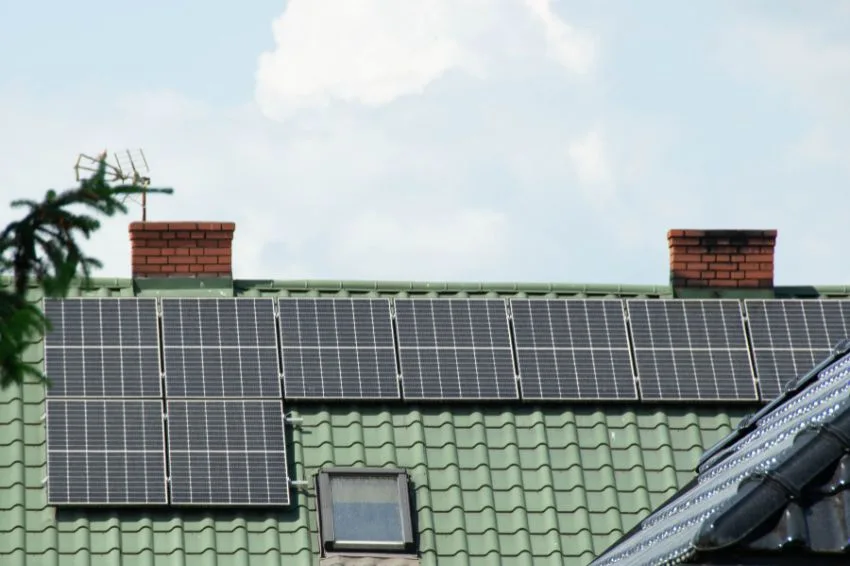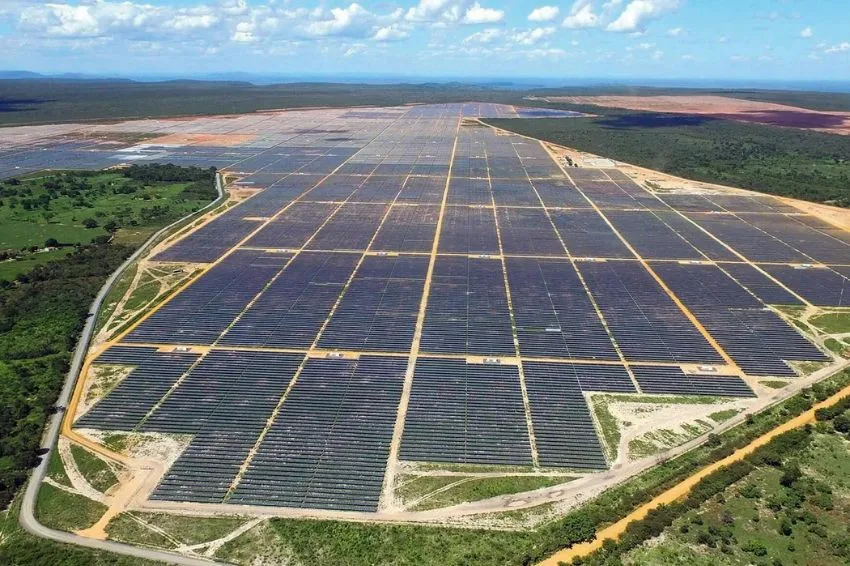It is expected that green technologies, such as EVs (electric vehicles), solar and wind energy, and H2V (green hydrogen) reach a market value of US$ 2.1 trillion in 2030 – four times more than its value today.
This is what the Technology and Innovation Report 2023 from the UNCTAD, the main UN institution dealing with trade and development. According to the agency, revenues from the EV market could increase five times, reaching US$ 824 billion by 2030, compared to the current value of US$ 163 billion.
The index – which ranks 166 countries based, for example, on R&D (research and development), industrial capacity and financial indicators – is dominated by high-income economies, mainly the United States, Sweden, Singapore, Switzerland and the Netherlands.
Research shows that countries in Latin America, the Caribbean and Sub-Saharan Africa are the least prepared to take advantage of frontier technologies and are at risk of missing out on current opportunities.
In its view, green technologies – those used to produce goods and services with smaller carbon footprints – are expanding and offering increasing economic opportunities, but many developing countries could miss out on them unless national governments and the international community take decisive action.
Economic inequalities risk growing as developed countries reap most of the benefits from green technologies such as artificial intelligence, the Internet of Things and electric vehicles.
“We are at the beginning of a technological revolution based on green technologies. This new wave of technological change will have a formidable impact on the global economy. Developing countries must capture more of the value created in this technological revolution to make their economies soar,” said Rebeca Grynspan, Secretary-General of UNCTAD.
“Missing this technology wave because of insufficient policy attention or lack of targeted investment in capacity building would have lasting negative implications,” he reported.
Green technology exports
Total exports of green technologies from developed countries jumped from around US$ 60 billion in 2018 to more than US$ 156 billion in 2021. Over the same period, exports from developing countries rose from US$ 57 billion to US$ 75 billion. Already in three years, the share of developing countries in global exports has fallen from more than 48% to less than 33%.
UNCTAD's analysis points out that developing countries must act quickly to seize this opportunity and follow a path that leads to more diversified, productive and competitive economies.
Strong government efforts are needed
To benefit from the green technology revolution, Shamika N. Sirimanne, director of UNCTAD's technology and logistics division, commented that proactive industrial, innovation and energy policies aimed at green technologies are needed in developing countries. “Such nations need agency and urgency to come up with the right policy responses.”
“As developing countries respond to today’s urgent and interconnected crises, they also need to take strategic, long-term actions to build innovation and technological capabilities to stimulate sustainable economic growth and increase their resilience to future crises,” he highlighted.
An international trade environment is fundamental
According to the company, developing countries cannot take advantage of green technologies on their own. Much of the success of its domestic policies will depend on global cooperation through international trade, which would require reforms to existing trade rules to ensure consistency with the Paris Agreement to combat climate change.
The study says international trade rules should allow developing countries to protect emerging green industries through tariffs, subsidies and public procurement – so that they not only meet local demand but also achieve the economies of scale that make more competitive exports.
International support for transferring green technologies to developing countries is also critical. The report proposes the application of principles that were invoked against the Covid-19 pandemic, when some countries were authorized to produce and supply vaccines without the consent of the patent holder. This would offer manufacturers faster access to key green technologies.
For UNCTAD, international trade and related intellectual property rules should provide more flexibility for developing countries to implement industrial and innovation policies to nurture their nascent industries so that new green technology sectors can emerge there.
Furthermore, they concluded that there is a need for an international program of guaranteed purchase of marketable green items, coordinated research into green technology at a multinational level, greater support for regional centers of excellence for clean technologies and innovation, and a multilateral fund to stimulate sustainable innovations and increase cooperation between countries.




